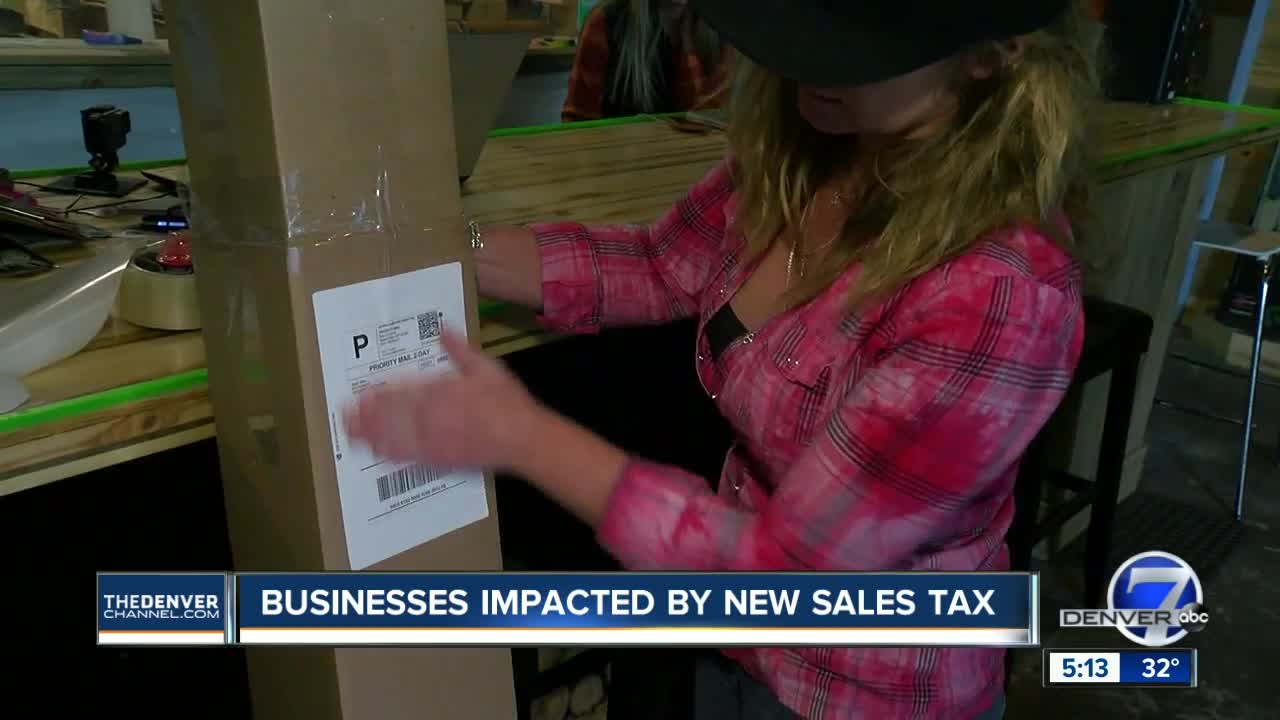DENVER -- New changes to Colorado's sales tax could have a big impact on small businesses for shipping this holiday season. The location-based sales tax went into effect this past Sat. Dec. 1. Some business owners said they still have a lot of questions about how they are going to make the new system work.
“We are shipping skis all over the world and certainly all over Colorado,” said Ted Eynon, Meier Skis Owner and CEO.
The Meier Skis headquarters is located on Yuma St. in Denver, where handmade wood skis and snowboards are designed & built for outdoor enthusiasts.
Since Dec. 1, every time someone buys something from Meier Skis within Colorado, the business has to collect taxes based on the ship to location.
“So that's state taxes, county taxes and local municipal taxes,” said Eynon.
This is a shift away from how Colorado retailers have done business in the past where they collect taxes based on their address compared to their customers.
While the state administers distributing taxes to certain municipalities, Colorado has more than 650 possible tax rates. This dynamic is making some business owners concerned about the burden of spending time assessing and paying all of the different tax rates.
“For us to determine what the tax rates are based on the ship to and then to file a report and to actually disperse those taxes that we collect is mind-boggling,” said Eynon.
Eynon said the change would eventually bring added cost.
“The consumer is going to be paying more in the way of sales tax and may see increased prices from small businesses like us because we are now having to manage that,” said Eynon.
The Department of Revenue is offering a database to help businesses keep track and avoid tax rate mistakes, but Eynon hopes to see more guidance from the state on how the new system works.
“They have to understand the implications and consequences of doing that on the businesses that are trying to operate here in Colorado.”
The new regulations come after a Supreme Court ruling got rid of the federal physical-presence standard for sales tax collections.
Out-of-state retailers who do at least $100,000 in sales or 200 transactions annually will be required to comply in Colorado.
Businesses have until March 31 to meet the new standards. Otherwise, they may face audits from the state.


